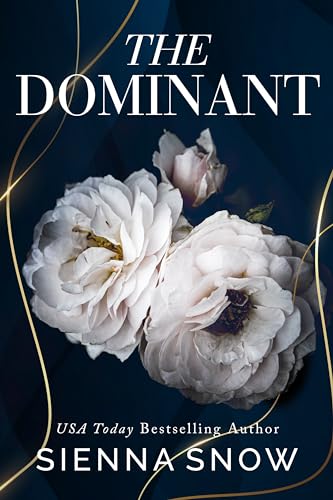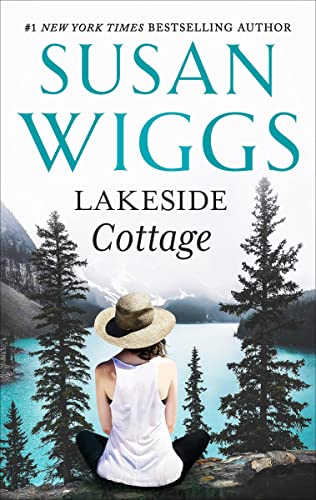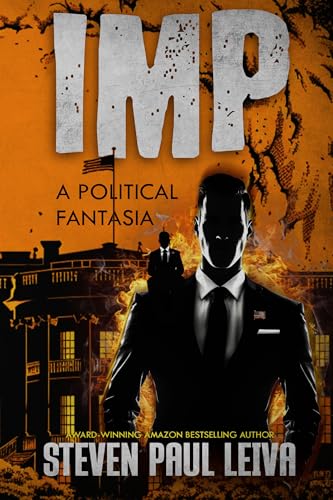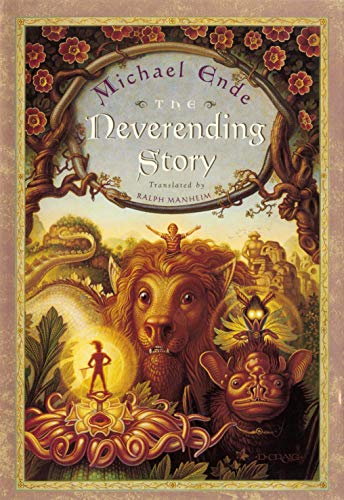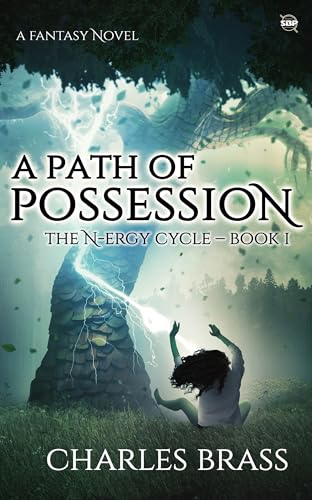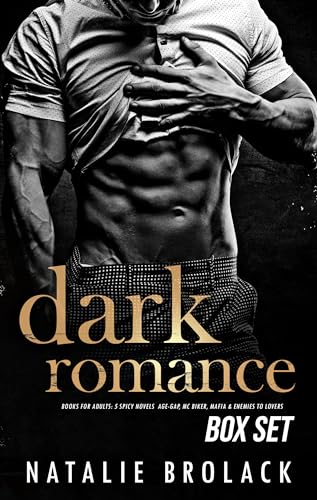By Stephen Windwalker
Originally posted February 16, 2010 – © Kindle Nation Daily 2010
“The sense of entitlement of the American consumer is absolutely astonishing,” said novelist Douglas Preston in a direct reference to Kindle owners in the New York Times last week, but Preston’s equally astonishing notion that we in Kindle Nation are governed by “the Wal-Mart mentality” misses the mark by plenty.
Much of the reporting about the ebook pricing controversy has strongly suggested that Steve Jobs and the Apple Five (thanks to The Kindle Chronicles podcaster Len Edgerly for this currently apt label for MacMillan, Hachette, Penguin, Simon & Schuster and HarperCollins) will have their way and impose 30% to 50% price increases on Kindle Store bestsellers and new releases by the end of March, so it should not be surprising if Kindle owners’ backs are up.
It’s true that a majority of respondents in the Winter 2010 Kindle Nation Citizen Survey is ready to take a stand against anticipated increases in Kindle Store ebook prices above the $9.99 figure that Amazon has associated with bestsellers and new releases since the Kindle’s launch over two years ago, but inside the numbers are some indications of flexibility:
- 54% disagreed somewhat or strongly with the statement “I will probably pay $10 to $14.99 for new ebook titles if necessary,” but a significant number (37%) agreed with the statement and another 52% disagreed with the statement that “I will never pay more than $9.99 for an ebook.”
- Given further choices, 75% agreed with the statement “I’ll pay over $9.99, but only rarely when I simply must have an ebook,” and 33% said they would pay more for professional or technical books.
With this range of views, there may be significant numbers of Kindle owners who occasionally pay more than $9.99, and indeed there have been many Kindle books that have sold briskly with double-digit prices during the past two years. Kindle owners are by their very nature likely to be too fair-minded and attuned to subtleties to participate in a totally unified boycott based on price or any other single, simple factor.
While it will be fascinating both to me and, perhaps, to the U.S. Department of Justice to study the array of ebook prices in the Kindle Store and in other venues like Apple’s yet-to-be-opened iBooks store on April Fool’s Day, it may be more telling to see where they settle out on May Day, Independence Day, or Thanksgiving Day. In the interim, competition may have its effects in more traditional ways than we have seen so far, and the behavior of Random House, the largest of the Big Six in U.S. operations, may ultimately say the most about how this drama shakes out. As reported here earlier, a key Random House senior executive indicated to a confab of booksellers a few days ago that her company could pursue an independent course on ebook pricing instead of trying to impose its own retail pricing wisdom on a company — Amazon — that knows more about price elasticity and its own customers than anyone else in the world.
Kindle owners now say in large numbers (73%) that they have become more price-conscious as a result of the recent price controversy, and an overwhelming 87% in our survey disagreed with the rather broad statement that “publishers know their costs, so I’m happy to pay the prices they set.” If Amazon’s temporary deletion of MacMillan titles was intended to send an implicit message about the extent to which key players should be viewed as benign or malignant, it worked: a remarkable 68% of our respondents agreed with the statement that “Jeff Bezos and Amazon have my back, and I know they price things to sell.”
Some may think this perspective is an indication that Kindle owners are bellying up to the Bezos Family Kool-Aid Stand in large numbers, but given the significant and growing role that ebook readers will continue to play in the retail book business, publishers who fail to pay close attention may be risking more than they can afford to risk.
One Kindle Nation citizen commented, on an earlier post here, that “some anti-publisher bias is understandable” in the survey results, give the “kindle specific audience” of Kindle Nation Daily, but the comment itself is commentary on the extent to which important things have changed. The book publishing industry is not Big Oil, Big Pharma, or the Wall Street Bonus Bankers. Not all that long ago it was widely seen by the American reading public as being composed of venerable houses and imprints that were well-deserving of the roles we granted them as gatekeepers and arbiters of taste and quality. The idea that large numbers of voracious readers hold something like an anti-publisher bias represents a stunning fall from grace.
If Random House breaks ranks with the Apple Five, it could do itself and its authors a tremendous amount of good, and a return to more traditional competitive behavior could soon follow. In the long run, or that middle run before we are all dead, we as the increasingly savvy, quality-conscious, price-conscious citizens of Kindle Nation could find ourselves holding more of the cards than we thought we might be holding.
Click Here to View Likely Kindle Owner Buying Behavior at Strategic Price Points
Click here to see complete, detailed results of the survey, and keep your dial tuned to Kindle Nation Daily — here on the web or here to have posts pushed directly to your Kindle — for ongoing breakdowns of the significance of the survey results.
Additional Survey Results, coming soon:
- What If Big Six Market Share Leader Random House Breaks Ranks with the Apple Five? Likely Kindle Owner Buying Behavior at Strategic Price Points
- Kindle Features: Past, Present, and Possible
- Prospects for Competition and Co-existence Among the Kindle, iPad, and Other Devices
- Kindle Owner Demographics
- How Many Devices in a Kindle Household?
- Bezos’ Nightmare: 20-20 Hindsight on Amazon’s 2003 Decision to Begin Development of the Kindle

